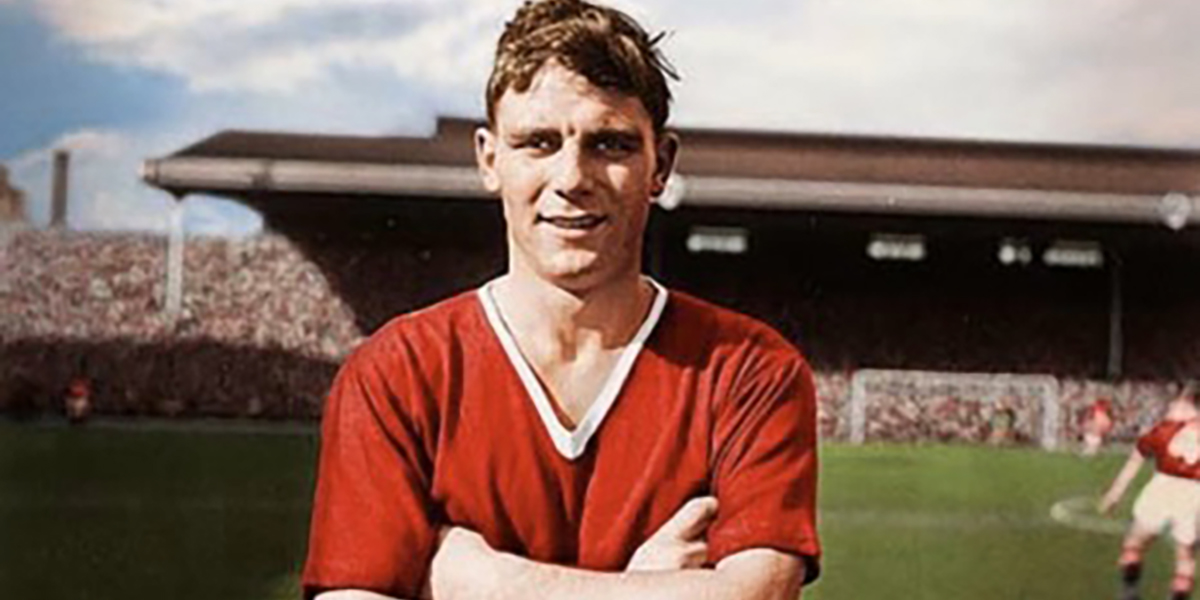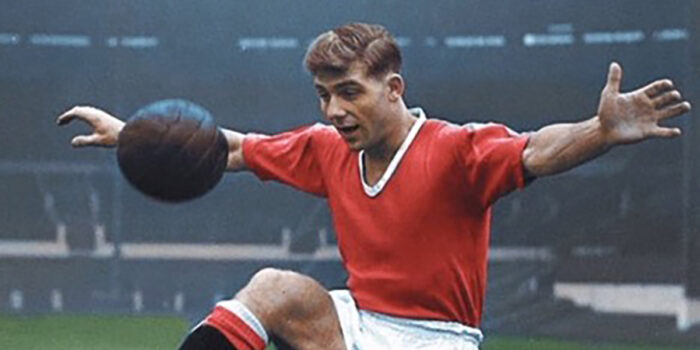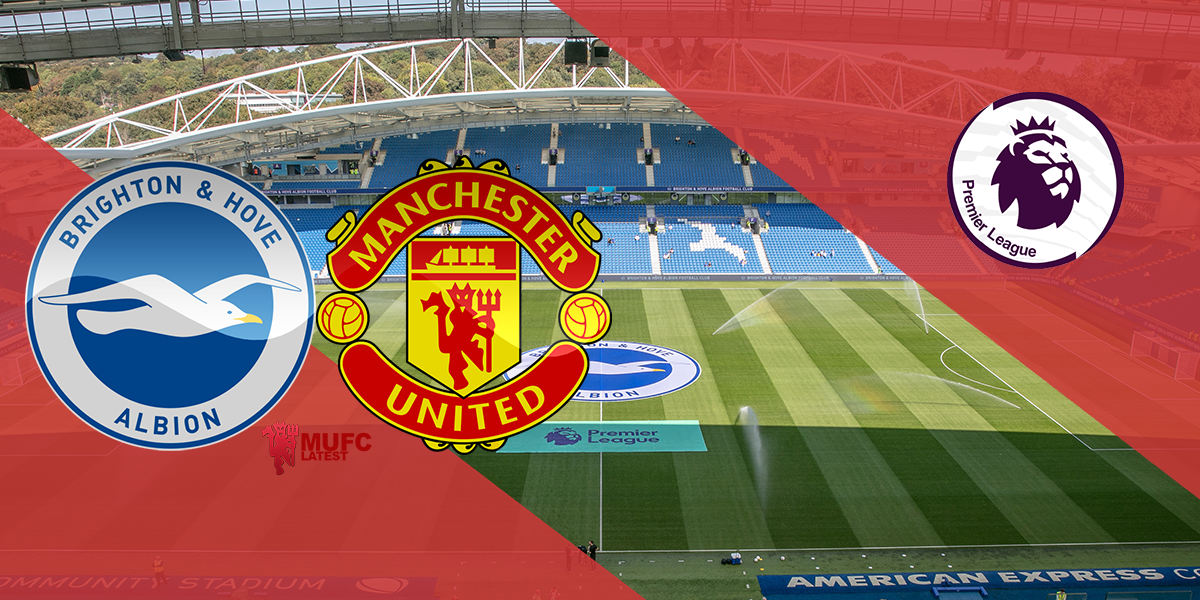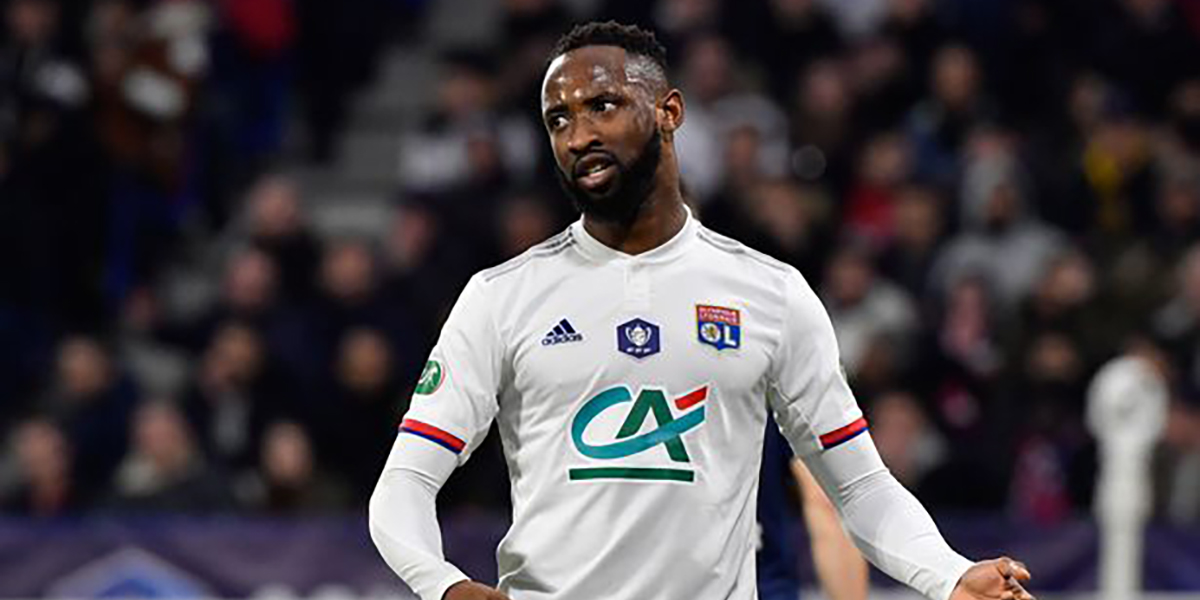
On the 21 February 1958, Manchester United midfielder, Duncan Edwards passed away at the tender age of 21. Edwards finally succumbed to the injuries sustained 15 days earlier in the Munich air disaster which also claimed the lives of twenty-five others including seven more United players. Such was Edward’s passion for Football and United, he famously asked Assistant Manager Jimmy Murphy from his hospital bed, what time the next fixture at Wolves kicked off as he could not miss that match.
Certainly all those who knew Edwards described him as a towering masculine figure – a beast of a man. But who was the man known affectionately as “Big Dunc?” and why is he so revered by a generation who remember the original “Busby Babes” in their pomp? Edwards was born on the 1 October 1936 in Dudley. He was persuaded to join United and not his hometown club of Wolverhampton Wanderers by Sir Matt Busby who had been monitoring Edwards since he was 12 years old.
“He was the only player who made me feel inferior.”
A fact that made then-Wolves manager Stan Cullis indignant that he had missed out on signing a local talent. Edwards made his United debut for the first team on the 4 April 1953 aged just 16 years and 183 days which made him the youngest ever player to play in the First Division at that time. He became a first team regular during the next season 1953-54, wherein he played 25 times in all competitions.

So impressive were the youngster’s performances that he merited a call-up to the England side on the 2 April 1955, making him the youngest debutant ever at 18 years and 183 days. A record that stood for over thirty years until it was broken by Michael Owen on the 11 February 1998. In 1955/56, Edwards played 33 times in all competitions scoring three goals helping United secure the League title by 11 points over secondp-laced Blackpool, and played 48 times scoring six goals as he assisted United in defending their title in 1956/57.
“Most players, they are good at certain things; in the air, or good with their left or right foot, they read the game well, or they have pace. But Duncan had it all, he really was better at everything than anyone else.”
Edwards played in all four of England’s qualifiers for the 1958 World Cup Finals and was expected to feature heavily for his country in the tournament itself. Edwards was tipped as a future Captain, the long-term successor to the ageing Billy Wright. Tragically, Edwards never got the opportunity. He died before the World Cup Finals began, and England without his influence and that of fellow United stars such as Roger Byrne, David Pegg and Tommy Taylor, exited the tournament at the group stage following three consecutive draws.
Had Edwards survived, perhaps England’s World Cup may have been different, perhaps his dynamism would have also assisted United in winning the 1958 FA Cup Final or the 1958 European Cup. We will never know the answer. What we do know is that Edwards was one of the most talented footballers of his era. He could do everything. Known predominantly as a left half, however, Busby deployed him everywhere. Edwards could play fullback, centre-half, across midfield and as a striker.

A powerful player who was disciplined defensively and devastating offensively. He could bolt past opponents with speed and had a cannonball shot as well as strength in the air. But more than his talent, it was his aura that his colleagues and fans remember so effusively. Edwards was a force of nature who inspired others. He made them believe anything was possible.
Charlton often glowingly states that Edwards was the greatest player he ever saw. No doubt, he was an extremely accomplished footballer for a 21-year-old. At only one year older than his great friend, Charlton, he could have conceivably played at the top-level until the mid-seventies as Charlton did. The mind boggles at what could have been achieved had he done so with both United and England.
“When I used to hear Muhammad Ali proclaim to the world that he was the greatest, I used to smile. You see, the greatest of them all was an English footballer named Duncan Edwards.”
Terry Venables has gone on record to say that had Edwards lived, it would have been him, not Sir Bobby Moore as the captain lifting the 1966 World Cup. If he had done so, he would be even more revered a figure today than he already is. Duncan Edwards – the man who would have been King. What would have been had his live not been cut short at the tender age of 21?
A broken plane, a broken dream, a broken heart, a broken team, no word said, a silent vow, we loved you then, we love you now. We’ll never die.
Written by John Walker
Discover more from MUFCLatest.com
Subscribe to get the latest posts sent to your email.




